Political Science/JSIS/LSJ Writing Center
Guide to Writing Thesis Statements
Your thesis statement is the central argument of your essay. It must be concise and well-written.
- Your thesis goes in the introductory paragraph. Don’t hide it; make it clearly asserted at the beginning of your paper.
- Your thesis must make an argument. It is the road map to the argument you will subsequently develop in your paper.
The key difference between an opinion statement and thesis statement is that a thesis conveys to the reader that the claim being offered has been thoroughly explored and is defendable by evidence. It answers the “what” question (what is the argument?) and it gives the reader a clue as to the “why” question (why is this argument the most persuasive?).
Examples of good thesis statements:
- “The ability to purchase television advertising is essential for any candidate’s bid for election to the Senate because television reaches millions of people and thus has the ability to dramatically increase name recognition.”
- The organizational structure of the United Nations, namely consensus voting in the security council, makes it incapable of preventing war between major powers.”
1. Thesis statements must make a claim or argument. They are not statements of fact.
Statement of fact:“A candidates ability to afford television advertising can have an impact on the outcome of Congressional elections.” This is essentially an indisputable point and therefore, not a thesis statement.
Similarly, the claim “The United Nations was established to promote diplomacy between major powers.” is not likely to inspire much debate.
2. Thesis statements are not merely opinion statements.
Statement of opinion:“Congressional elections are simply the result of who has the most money.” This statement does make a claim, but in this format it is too much of an opinion and not enough of an argument.
Similarly, “The United Nations is incapable of preventing war” is closer to a thesis statement than the factual statement above because it raises a point that is debatable. But in this format, it doesn’t offer the reader much information; it sounds like the author is simply stating a viewpoint that may or may not be substantiated by evidence.
In conclusion, your thesis should make clear what your argument is; it should also provide the reader with some indication of why your argument is persuasive.
For example: In the congressional elections example, why is money important (and whose money? The candidates’? Corporations’? Special interests’?), are other factors irrelevant (the candidates’ views on the issues?) and for which types of elections is this true (is your argument equally true for Senatorial elections and elections for the House of Representatives? Why or why not?)?
In the other example, you will need to think about why the United Nations is not capable of preventing war. Your thesis should indicate that you have an understanding of the relevant historical circumstances and that you are aware of alternative explanations.
Of course, one can re-work a thesis statement indefinitely and one can almost always find something at fault with it. The point is that you must be sure that your thesis statement is indicating to your reader that you have an argument to make.
Political Science/JSIS/LSJ Writing Center
Guide to Writing Thesis Statements
Your thesis statement is the central argument of your essay. It must be concise and well-written.
- Your thesis goes in the introductory paragraph. Don’t hide it; make it clearly asserted at the beginning of your paper.
- Your thesis must make an argument. It is the road map to the argument you will subsequently develop in your paper.
The key difference between an opinion statement and thesis statement is that a thesis conveys to the reader that the claim being offered has been thoroughly explored and is defendable by evidence. It answers the “what” question (what is the argument?) and it gives the reader a clue as to the “why” question (why is this argument the most persuasive?).
Examples of good thesis statements:
- “The ability to purchase television advertising is essential for any candidate’s bid for election to the Senate because television reaches millions of people and thus has the ability to dramatically increase name recognition.”
- The organizational structure of the United Nations, namely consensus voting in the security council, makes it incapable of preventing war between major powers.”
1. Thesis statements must make a claim or argument. They are not statements of fact.
Statement of fact:“A candidates ability to afford television advertising can have an impact on the outcome of Congressional elections.” This is essentially an indisputable point and therefore, not a thesis statement.
Similarly, the claim “The United Nations was established to promote diplomacy between major powers.” is not likely to inspire much debate.
2. Thesis statements are not merely opinion statements.
Statement of opinion:“Congressional elections are simply the result of who has the most money.” This statement does make a claim, but in this format it is too much of an opinion and not enough of an argument.
Similarly, “The United Nations is incapable of preventing war” is closer to a thesis statement than the factual statement above because it raises a point that is debatable. But in this format, it doesn’t offer the reader much information; it sounds like the author is simply stating a viewpoint that may or may not be substantiated by evidence.
In conclusion, your thesis should make clear what your argument is; it should also provide the reader with some indication of why your argument is persuasive.
For example: In the congressional elections example, why is money important (and whose money? The candidates’? Corporations’? Special interests’?), are other factors irrelevant (the candidates’ views on the issues?) and for which types of elections is this true (is your argument equally true for Senatorial elections and elections for the House of Representatives? Why or why not?)?
In the other example, you will need to think about why the United Nations is not capable of preventing war. Your thesis should indicate that you have an understanding of the relevant historical circumstances and that you are aware of alternative explanations.
Of course, one can re-work a thesis statement indefinitely and one can almost always find something at fault with it. The point is that you must be sure that your thesis statement is indicating to your reader that you have an argument to make.


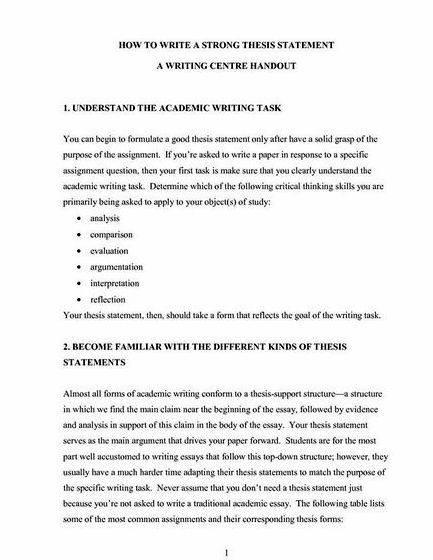

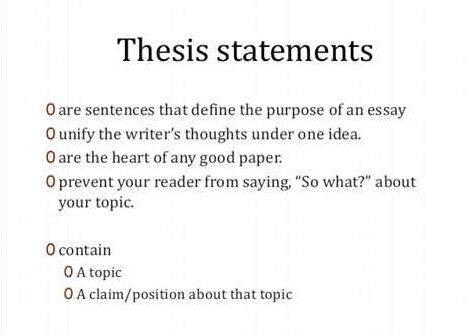

 Thesis and dissertation writing in a second language pdf
Thesis and dissertation writing in a second language pdf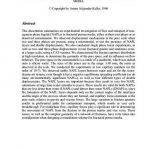 Master thesis proposal abstract sample
Master thesis proposal abstract sample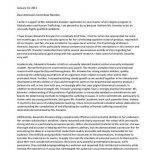 Dear thesis committee members writing
Dear thesis committee members writing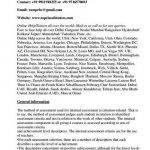 Thesis dissertation services ucf arena
Thesis dissertation services ucf arena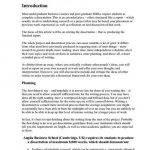 Writing a thesis or dissertation
Writing a thesis or dissertation






